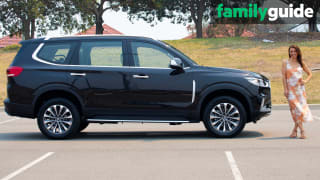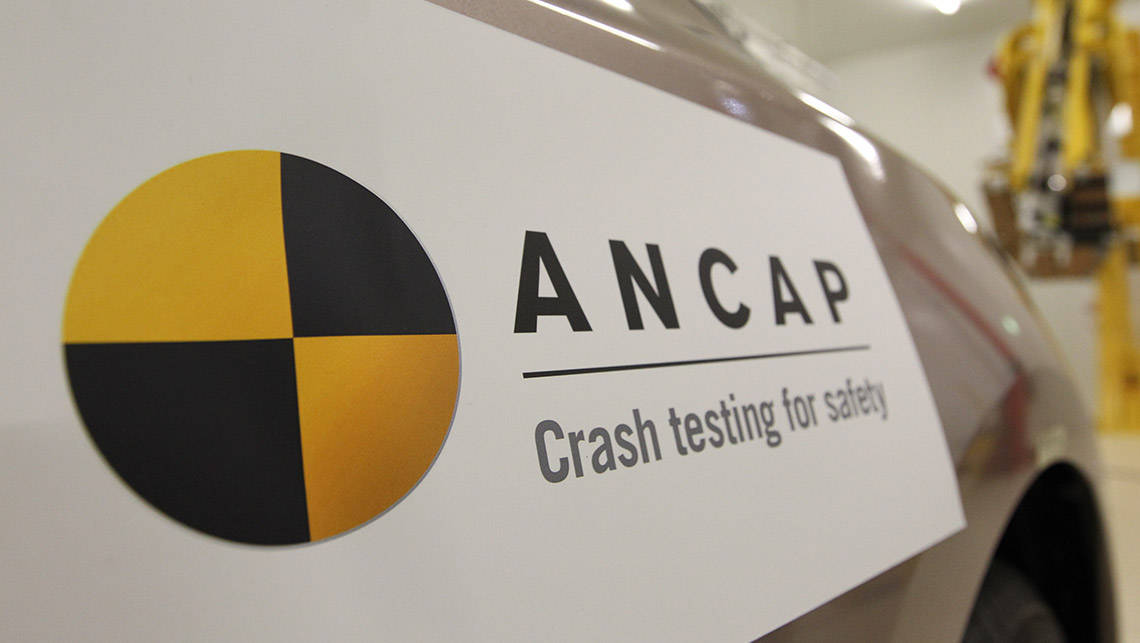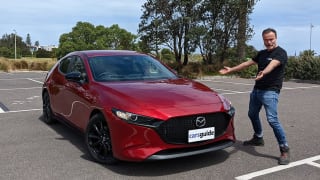
ANCAP safety ratings explained

Cars are rated from 1 to 5 in terms of safety, with a 5-star rating the best.
The stars are awarded under the Australasian New Car Assessment Program (ANCAP).
ANCAP crash tests cars in specially built facilities in scenarios that are designed to simulate real world situations.
The stars indicate the level of safety for occupants and pedestrians in a crash, as well as an indication of a car's ability to avoid a crash altogether through technology fitted.
The ANCAP crash test program was established in 1992 with the first test results published in 1993.
Vehicles must achieve minimum scores across all physical crash tests for each ANCAP safety rating level
Euro NCAP was established in 1997 and ANCAP began testing and assessing vehicles in accordance with the Euro NCAP protocols in 1999. At this time the star rating system was also introduced.
Crash tests dummies costing up to a million dollars each are used to measure the forces and likely injuries a driver, passenger or pedestrian may sustain.
Vehicles must achieve minimum scores across all physical crash tests for each ANCAP safety rating level, as well as meet minimum requirements for the inclusion of safety equipment and technologies.
In 2008 the inclusion of electronic stability control (ESC) became mandatory before a vehicle could achieve the maximum five stars.
Cars built before this date may well have a five-star rating, but may not necessarily be fitted with ESC — so it pays to check.
Ratings are on record, in a searchable, online database
ANCAP crash tests new passenger and light commercial vehicles entering the Australian and New Zealand markets at its facility at Huntingwood, NSW, but also accepts crash data from related organisations like Euro NCAP to formulate ratings.
ANCAP sources cars itself to avoid any possibility of vehicles being specially prepared.
Ratings are on record, in a searchable, online database that stretches back to the first car to receive a five star rating in Australia, the Renault Laguna in 2001.










Comments